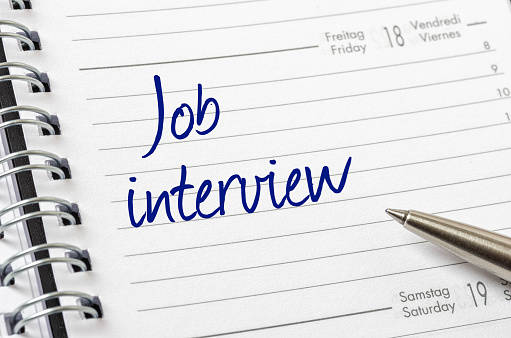Six frogs on a log: A riddle

Six frogs are sitting on a log. Five of them decide to jump off the log. How many frogs are left on the log?
Think about this riddle for a moment before you answer. It may not be quite as obvious as you think. Now, what’s your answer? One? One frog left on the log?
If it is, I’m sorry to tell you that you should have thought about it a little longer. One is the obvious — but wrong — answer. The answer is six. Six frogs are still on the log because deciding on an action and taking action are different.
So let’s apply the lesson from our little amphibious friends to our job searches, and let’s also express this in a way you’ve probably heard many times before, namely: “Plan your work and work your plan.”
If there’s anything that scuttles a job search more regularly than anything else, it’s not failing to have a plan, but having a plan and failing to put that plan into action. Certainly, this isn’t the first time you’ve read that here, nor is it the first time you’ve heard it anywhere.
That’s because it’s one of the most fundamentally sound principles of life: in business, family, school, volunteering, military battle, team sports or virtually any other activity. (Don’t get me wrong; having no plan is not exactly what I’d call a good idea. It’s just that having no plan — or having one that you don’t work — puts you in the same place: nowhere. In that case, you might as well save yourself the work of putting a plan together in the first place.)
But let’s get back to being serious.
If this axiom of planning your work and working your plan is so ubiquitous and embedded, why am I rolling it out again? Because I have to, as evidenced by the contrast between Karen and Sofie, two professionals in their late 30s who came to see me just before Thanksgiving — both unemployed.
They were both at the manager level in their respective fields, both had good careers going at the time, and both needed to launch a job search. So there was a lot in common, but one big difference.
Job searching today, as we all know, is a whole different story from what it was when Karen and Sofie started their careers. Without going into the whole spiel, it comes down to this. A job seeker must be proactive, diligent, relentless, focused, resourceful, dependent on no one else, accountable to no one but oneself — and understand that targeting plus networking equals 90 percent of all jobs landed in America.
So far, total agreement, right? Not just from Karen and Sofie, but from everyone reading this column, right? So why do some job search plans that are based on these characteristics succeed and others fail? Why, in other words, is Karen is still searching while Sofie started her job Feb. 6.
In each case, we constructed a plan incorporating smart strategies, definitive action points and ambitious but realistic milestones and objectives. This meant, among other things, faithfully following the plan, diligently doing the necessary things daily and not giving up until meeting those daily objectives. Every day.
Karen started off well but soon got discouraged, fell into a lethargic mode, drifted into job board searching, passively networked online rather than actively networking in person and hoped — sooner or later — that a couple of recruiters could “get me a job.”
Sofie, on the other hand, took responsibility, rolled up her sleeves, dug in and checked in with me regularly. She created a lot of activity in little time, soon going on second and third interviews. When she accepted her new job, she also had the luxury of turning down two others. And her new company was not only one that she had clearly targeted; they didn’t have an open job at the time but created one when Sofie showed up. (I know the feeling; it happened to me twice in my career.)
So there, as we see, is the difference. It’s the riddle about the frogs. They can all decide to jump off the log, but until they actually do jump, they’re still on the log.
Thomas Edison used to say, “Most people don’t recognize opportunity because it’s dressed in overalls and looks like work.”
So no matter which resonates with you — the frogs, the “work your plan” or Thomas Edison — remember: Deciding on an action and taking action are very different.
Career coach and corporate adviser Eli Amdur has been writing his weekly “Career Coach” column since 2003 and is the author of the career advice book “It’s Not So Far From Here To There: The thinking person’s guide to well-managed career.” Adjunct professor of two graduate-level leadership courses at Fairleigh Dickinson University in New Jersey, he is also active on the speaker circuit, delivering presentations on today’s critical employment and leadership issues. Visit his website at www.amdurcoaching.com.












